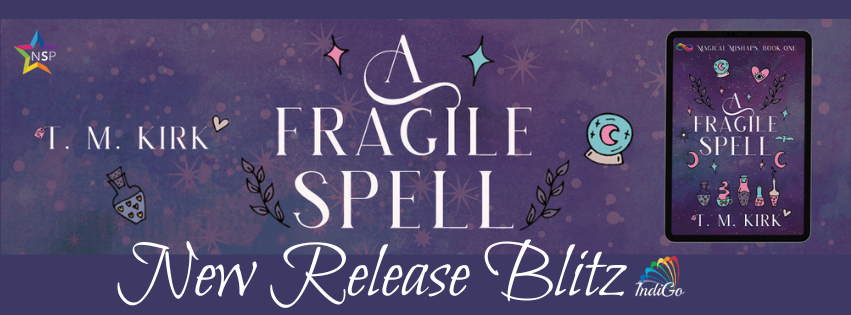It's been years since you first starting thinking about writing you own book. You've taken a few notes here and there, but nothing has come of it. You don't feel as though you're able to make a great story. How can you go about crafting that perfect story?
Draw from Experiences
You've likely had you share of ups and downs in life, so why not use those to help you craft your story? Write down a list of significant moments in your life. As you are going through the writing process, find ways in which to embellish on them. Unless you are setting out to write a biography, you want to ensure that the content is unique and not just a replica of your own life.
Order It Later
Sometimes, when people are writing a book, they become a bit too caught up in the structure as opposed to the words at first. Eventually, you certainly do need a well organized book. During the first writing stages though, let the words flow freely from either the pen or the keyboard. The most important component during this key stage is to get the words onto the paper. Later on, you can go back to see what parts of the story need to be moved into different sections of the novel.
Give Characters Life
No one likes empty characters. If the audience does not care about the characters, then they are not going to care about the story. When a character appears in the novel, give some background information about him or her. You also want to paint a picture of the person whether it is positive or negative. You want to give the audience a reason to love the person, hate the person, feel badly for the person and so forth. When you meet a person in real life, what do you want to know about him or her? What makes you interested in an individual? Use these guiding questions to help shape characters about whom people actually want to read.
Don't Leave Holes
Don't introduce a major plot line unless you intend to close it up in some way. Of course, cliffhangers are always intriguing, and not every story line needs to be tied up in a neat little package. However, there should be some indication that it has ended. You don't want the editor or the readers to think that you simply forgot about it. The only exception to this rule is if you are planning on answering the question or finishing the story line in a sequel. Furthermore, it's also important that you check your manuscript for accuracy; astute readers will pick up on inconsistent details.
Writing a book is no easy undertaking. However, many people have the most trouble with simply getting started. It's going to be a long journey, but you'll never complete it if it doesn't begin. Stop being afraid to write down those thoughts, and get to work on the next possible masterpiece of the 21st century today.
Draw from Experiences
You've likely had you share of ups and downs in life, so why not use those to help you craft your story? Write down a list of significant moments in your life. As you are going through the writing process, find ways in which to embellish on them. Unless you are setting out to write a biography, you want to ensure that the content is unique and not just a replica of your own life.
Order It Later
Sometimes, when people are writing a book, they become a bit too caught up in the structure as opposed to the words at first. Eventually, you certainly do need a well organized book. During the first writing stages though, let the words flow freely from either the pen or the keyboard. The most important component during this key stage is to get the words onto the paper. Later on, you can go back to see what parts of the story need to be moved into different sections of the novel.
Give Characters Life
No one likes empty characters. If the audience does not care about the characters, then they are not going to care about the story. When a character appears in the novel, give some background information about him or her. You also want to paint a picture of the person whether it is positive or negative. You want to give the audience a reason to love the person, hate the person, feel badly for the person and so forth. When you meet a person in real life, what do you want to know about him or her? What makes you interested in an individual? Use these guiding questions to help shape characters about whom people actually want to read.
Don't Leave Holes
Don't introduce a major plot line unless you intend to close it up in some way. Of course, cliffhangers are always intriguing, and not every story line needs to be tied up in a neat little package. However, there should be some indication that it has ended. You don't want the editor or the readers to think that you simply forgot about it. The only exception to this rule is if you are planning on answering the question or finishing the story line in a sequel. Furthermore, it's also important that you check your manuscript for accuracy; astute readers will pick up on inconsistent details.
Writing a book is no easy undertaking. However, many people have the most trouble with simply getting started. It's going to be a long journey, but you'll never complete it if it doesn't begin. Stop being afraid to write down those thoughts, and get to work on the next possible masterpiece of the 21st century today.
Bill Romsey writes about literature, the arts & more at www.boatinsurance.org.




No comments:
Post a Comment